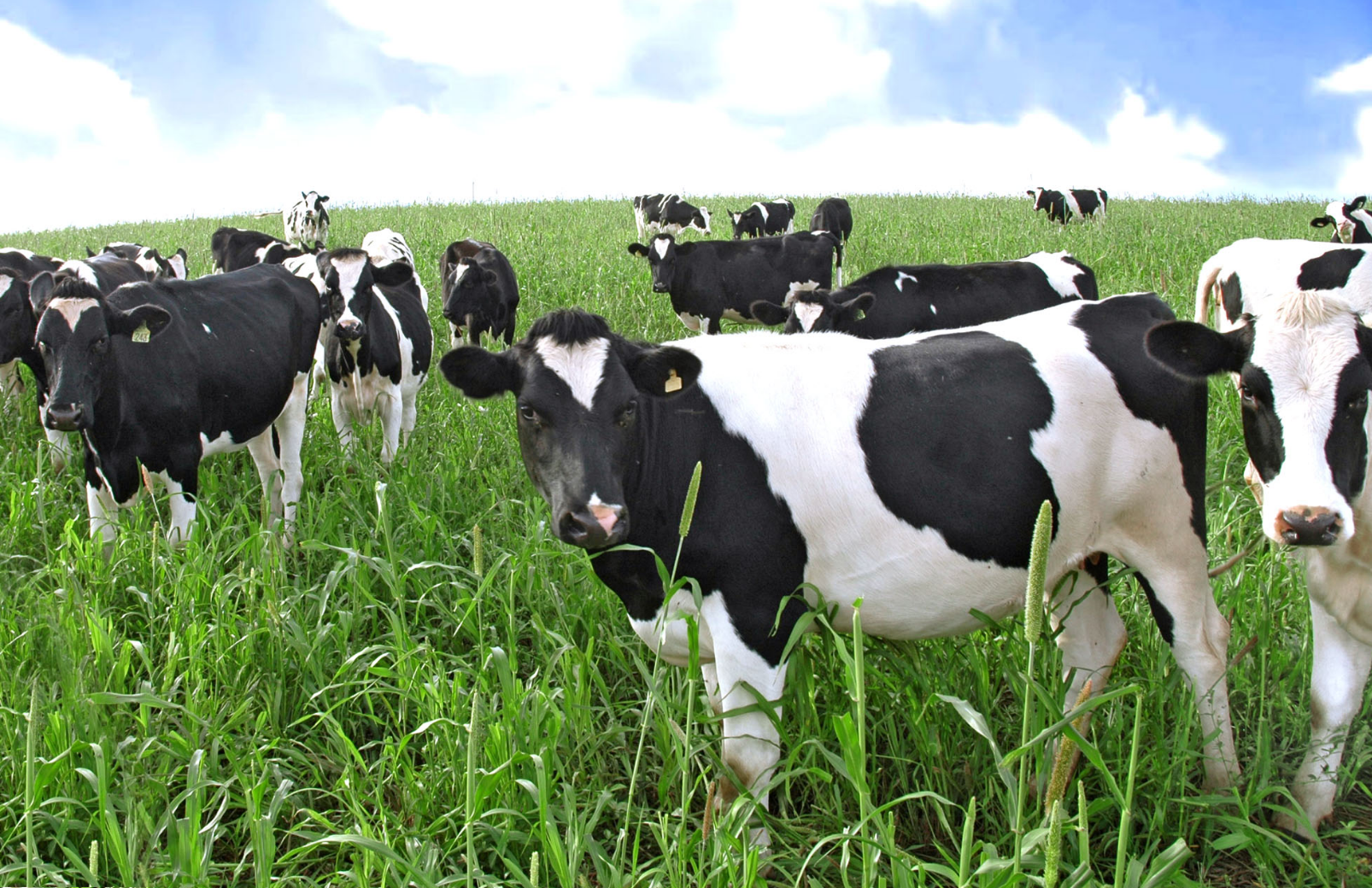Milk and dairy products are part of most of the things we eat during the day. They make for an essential component in the growth and proper functionality of our body. However, allergy from dairy products is a common type of allergy in which the person with this allergy cannot consume dairy products. The body of an individual with dairy allergy mistakes milk protein as a harmful substance for the body hence tries to fight it off and causes the reaction. The reaction of this allergy may become apparent immediately or after a few minutes. Read on to know the signs and symptoms of allergy caused by the dairy products in an individual’s body.
- Hives
- Vomiting
- Wheezing
- Loose stools, can often contain blood
- Diarrhea
- Abdominal cramps
- Coughing or wheezing
- Runny nose
- Watery eyes
- Itchy skin rash, often around the mouth
- Colic, in babies
Hives, vomiting, and wheezing are the effects that can be immediately seen on the person’s body right after they take any food item that contains milk or any of its by-products. The remaining signs and symptoms may appear after some time.
Severe allergy from dairy products can cause anaphylaxis. It is a life-threatening reaction, which can narrow down the airways and cause breathing problems. Signs and symptoms of this reaction include:
- Swollen Throat
- Difficulty in breathing
- Airways blockage
- Facial flushing
- Itching
- A notable drop in blood pressure
Milk allergy is more common with children as compared to adults. The children with dairy allergy are vulnerable to develop some more complications like:
- Suffering from hayfever
- Develop allergies to other food items
Managing the Dairy Allergy
Discarding milk or its products can be a real challenge as it is part of many food items that we consume daily. However, this is the only way to manage this type of allergy.
There are few people who can tolerate milk in few forms like milk in processed form or baked goods. You can talk to your doctor about the signs, symptoms and the reaction caused by the allergy and they will be able to guide you about which food item to avoid and which to take.
People that have severe reactions with dairy allergy such as anaphylaxis may need to carry emergency injection all the time with them. A slight involvement of dairy products in the food item they eat can evoke some serious and life-threatening reactions in them.
The best way to prevent the reaction from this type of allergy is to avoid the products that are made with milk or its by-products. Carefully read the labels of the products that you purchase for your consumption, even the “milk-free” products may contain small ingredients of milk in it. Soy-based formulas, hypoallergenic formulas, and breastfeeding can be the best alternatives to give the required nutrients to infants who have developed a dairy allergy. The doctor may prescribe some supplements to replace the necessary calcium and nutrients required for the growth of the baby.
DISCLAIMER: The medical information on this site is provided as an information resource only, and is not to be used or relied on for any diagnostic or treatment purposes. This information is not intended to be patient education, does not create any patient-physician relationship, and should not be used as a substitute for professional diagnosis and treatment.

